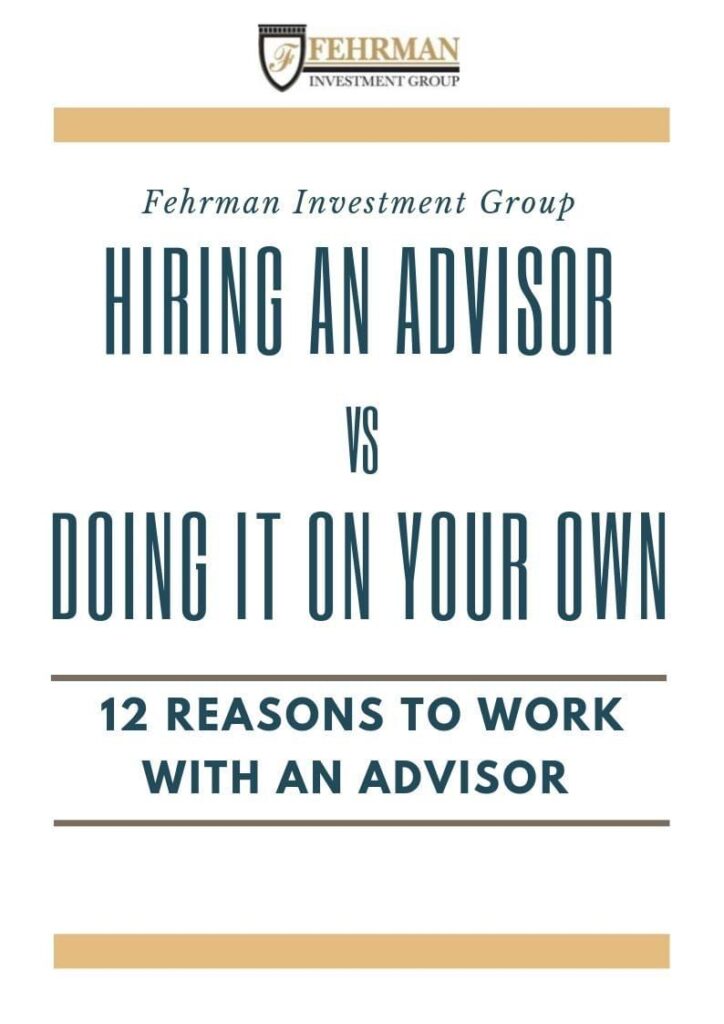You might read several articles and blogs revolving around the subject of staying healthy and fit. This usually involves sticking to a healthy diet and doing frequent exercise.
However, staying financially fit is just as important as staying physically fit. This is especially true if you are in your 50s and retirement time is around the corner. Financial fitness is of paramount importance in the last decade of your professional career and from then onwards.
Read on to learn about tips to maintain your financial fitness when you have crossed the 50-year-old milestone.
- Consider buying life insurance if you have not done so already. This ensures your family will be provided for when you pass away. A large part of staying financially fit is making sure your dependents are taken care of. This is provided you purchase a suitable life insurance policy.
- Get serious about your health insurance. At this stage of your life, your health may start to deteriorate and will continue to be a battle with the passage of time. You need to prepare for the next major health care bill that comes your way so that you can avert a financial disaster. Be sure to purchase a health insurance policy that benefits all members of your family.
- Engage the services of a financial professional if you have a growing investment portfolio. This helps you plan for your financial future when you retire.
- Pay off any extra debts that you are carrying. Take care of the high interest debts first so that they do not pose an even greater financial problem down the road.
- When you are in the 50-60 age bracket or older, you should aim to maximize your retirement plan contributions as much as possible. If your current employer matches a piece of your retirement plan contributions, take the benefit of the additional contribution amount.
- Begin researching things such as long-term care insurance. In fact, this should be a top priority for you if you do not have any family to look after you, as you grow old. Also, ensure that your investment portfolio allows you to fulfill your financial goals.
- Evaluate your retirement portfolio against your Social Security situation to decide when would be the best time to hang up your professional boots.
- Consider keeping a sizeable chunk of your retirement savings invested in the stock market. Since the retirement stage in your life can last two or three decades, there should be sufficient time to recover if some of the investments that you made lose their value.
Final Word
Largely, the need to stay financially fit is paramount. The sooner you realize this, the better. To that end, be sure to reach out to a financial advisor as soon as possible for further guidance.
This material is being provided for information purposes only & is not a complete description, nor is it a recommendation. Any opinions are those of Jeff Fehrman or Will Caywood & not necessarily those of Raymond James. Investing involves risk & you may incur a profit or loss regardless of strategy selected. The cost & availability of LTC Insurance & Life Insurance depend on factors such as age, health, & type & amount of insurance purchased. As with most financial decisions, there are expense associated with the purchase of Life and LTC insurances. Guarantees are based on the claims paying ability of the insurance company.





